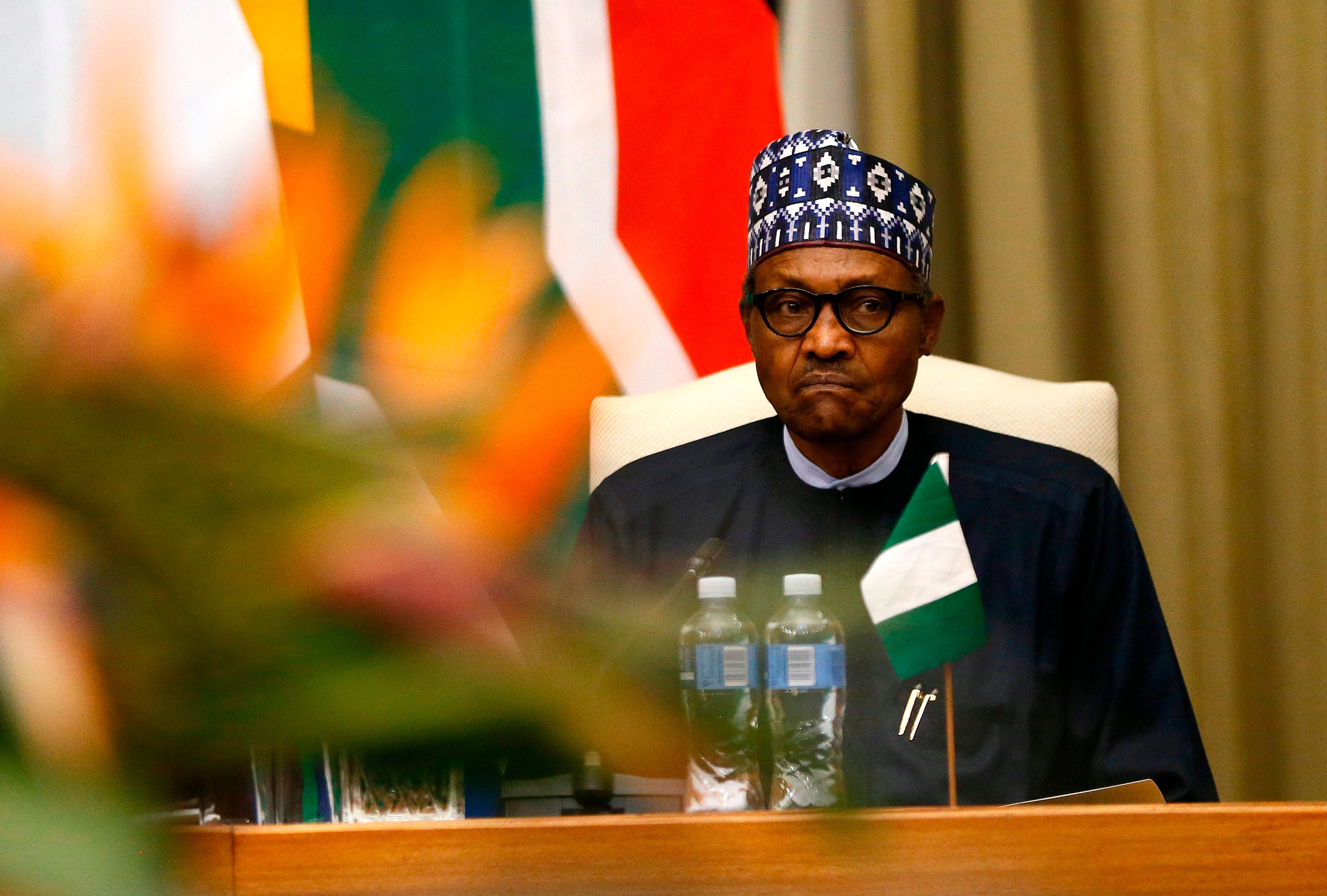Twitter cannot tell the Nigerian government what to do or say
Nigeria officially banned Twitter in a 222-day showdown. My country has shown the world that it will not be tossed around by invisible controllers in Silicon Valley


Your support helps us to tell the story
From reproductive rights to climate change to Big Tech, The Independent is on the ground when the story is developing. Whether it's investigating the financials of Elon Musk's pro-Trump PAC or producing our latest documentary, 'The A Word', which shines a light on the American women fighting for reproductive rights, we know how important it is to parse out the facts from the messaging.
At such a critical moment in US history, we need reporters on the ground. Your donation allows us to keep sending journalists to speak to both sides of the story.
The Independent is trusted by Americans across the entire political spectrum. And unlike many other quality news outlets, we choose not to lock Americans out of our reporting and analysis with paywalls. We believe quality journalism should be available to everyone, paid for by those who can afford it.
Your support makes all the difference.These days, it’s not often that a Nigerian can boast about being proud of their country’s leadership, but the recent face-off between the Nigerian government and Twitter has given me that rare opportunity.
The social media platform deleted a tweet by President Muhammadu Buhari in June 2021, and was then officially banned in the country two days afterwards. Despite a global outcry, the Nigerian government stood its ground, lifting the ban only after it was satisfied that Twitter had met certain stipulated conditions. The showdown lasted 222 days. My country has shown the world that it will not be tossed around by invisible controllers in Silicon Valley.
Twitter has a right to enforce its rules and regulations, of course, but there is a significant difference between President Buhari’s case and the infamous restrictions to the account of former US president Donald Trump. Buhari’s tweet – labelled hate speech by Twitter and deleted – was an official communication from the official account of the Nigerian president, while Trump was tweeting from his personal account.
No external group has the right to alter the official communication of a democratically elected government to its people. Nigerians have the right to hear whatever our leaders say to us, irrespective of how ill-advised their choice of words or how terrible their intentions might be. That same post – from which Buhari’s tweet was deleted – was broadcast in its entirety on various media platforms across the country through which the Nigerian people usually receive information from our government.
Twitter was also interfering in the laws of the land. While each of us might have our differing opinions on the Indigenous People of Biafra (IPOB), the Nigerian government in 2017 proscribed the separatist group as terrorists. IPOB fought to have this tag rescinded but lost the case in a competent court of law.
Therefore, as far as the laws of Nigeria are concerned, they are outlaws. And Buhari addressed them as such. Surely, Twitter would not delete a post threatening violence against ISIS or Boko Haram, even if it had been written by Trump? It is most likely that Twitter had no idea of this background.
The controllers in Silicon Valley clearly did not have enough understanding or context before moving to exert their power over who says what, when and how. They displayed the kind of ignorance of local affairs that has often caused foreign governments, charities, diplomats and many other international do-gooders, to bequeath African nations with more problems than they landed on our countries’ shores to solve.
A similar intervention by Twitter, when it verified the account of one group of organisers and not any of the others during Nigeria’s #EndSars anti-police brutality protests in October 2020, led to bitter infighting that eventually derailed the movement. At this rate, it seems to me that Twitter may be responsible for the next violent conflict in who knows which part of Africa.
To keep up to speed with all the latest opinions and comment, sign up to our free weekly Voices Dispatches newsletter by clicking here
The Nigerian government is clearly unwilling that Nigeria should become one such arena. The conditions under which the ban was lifted include: “Act with respectful acknowledgement of Nigerian laws” and “appoint a designated country representative” – hopefully, someone with a rich comprehension of Nigerian politics and culture.
Twitter has also agreed to register in Nigeria, comply with tax regulations, and communicate directly with the Nigerian government to manage prohibited content that violates Twitter’s rules. That sounds more like it.
Like many Nigerians, I detest an authoritarian government. I have lived through a few and so appreciate the value of such human rights as freedom of speech. But, I also do not want a government that can be jabbed and prodded around at random by foreign fingers.
The multitude of activists and international figures who rushed to condemn the Nigerian government’s action against Twitter apparently meant well, but they should realise that this day and age breeds other kinds of authoritarianism that need to be tackled head on. Nigeria, the giant of Africa, cannot have Twitter telling it what to do and say.
Adaobi Tricia Obinne Nwaubani is a Nigerian novelist, humorist, essayist and journalist
Join our commenting forum
Join thought-provoking conversations, follow other Independent readers and see their replies
Comments